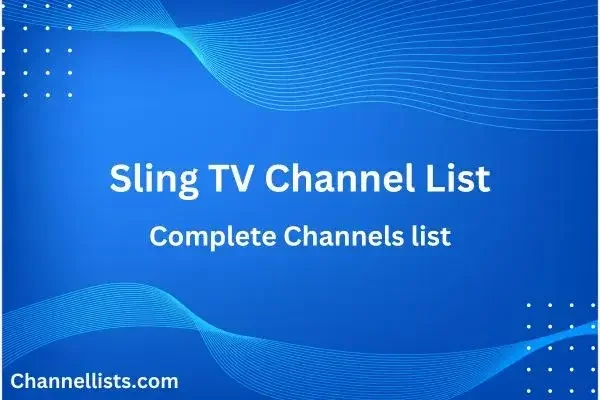College football, awards shows, movie nights – life moves fast, doesn't it? You used to need a hefty cable package or a long-term streaming subscription to catch the big moments. But what if you just want to watch that one game? Sling TV gets it. Their new Day Pass isn’t just a clever pricing model; it’s a quantum leap towards a truly personalized entertainment experience.
For just $4.99, Sling is handing you the keys to the kingdom for 24 glorious hours. Think about that: instant access to live sports, news, and entertainment without the commitment. It’s like renting a car for a day trip—perfect for that crucial BYU vs. Texas Tech game without being locked into a monthly contract. And for those who want a weekend of content, the weekend pass is only $9.99. It's a game-changer, plain and simple.
This reminds me of the shift from buying entire albums to purchasing individual songs on iTunes. Remember that? Suddenly, we weren't stuck with filler tracks; we could curate our own playlists. Sling’s Day Pass is the same idea, but for live TV. It's about giving you the power to choose, to consume content on your terms.
And what about the YouTube TV subscribers currently locked in a contract dispute struggling to watch games on ESPN? Sling is offering a quick and easy solution to watch the content you want without waiting for the dispute to end.

The add-ons are just the cherry on top. Want more sports? A dollar gets you the Sports Extra package with MLB Network, NBA TV, and even more ESPN channels. Need your news fix? The News Extra package has you covered. These are the building blocks of a truly customizable TV experience.
Of course, with this power comes responsibility. Are we creating a culture of instant gratification, where commitment becomes a relic of the past? Will this model lead to a fragmented media landscape, where only the biggest events can capture our attention? These are important questions we need to consider as we embrace this new paradigm.
I saw someone on Reddit recently saying, "I love that I can finally watch the game without feeling like I'm throwing money away on channels I never use." That's the sentiment that's driving this change. People want value, they want flexibility, and they want control.
But what about the local channels? Will they be included in future passes? And how will this affect the advertising model that currently sustains much of the free content we enjoy? These are the questions that keep me up at night.